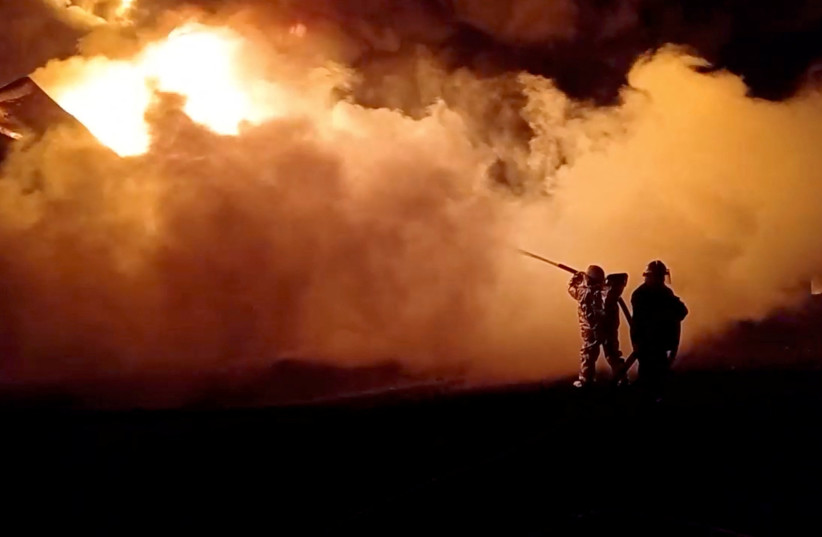After Russia invaded Ukraine in late February, women have been kicked out of their homes and forced to flee their home country. Various families have been broken up, never to be reunited again, plus lives and homes have been destroyed forever. The media has reported that throughout all of this chaos, women have been raped, and sex trafficked by Russian authorities.
Just one week after the Russia-Ukraine war started, Ukrainian Foreign Minister Dmytro Kuleba asserted that there had been copious amounts of Russian soldiers raping Ukrainian women. Although very few had ultimately been reported, 300 cases of rape had been reported two months after the start of the war. Despite this, we can assume that many rapes have were not made public and that the numbers have risen since this report in April.
Russian soldiers have taken advantage of their position by dehumanizing women, men, girls, boys, and the elderly, through acts of sexual assault. “The use of sexual assault as a weapon of war is sadly all too common,” said an active Twitter user after reports of an 11-year-old boy being raped by a Russian soldier in front of his mother were brought to light.
A new Ukrainian website has been published that allows victims to report human rights violations that have been committed by Russian authorities. The information provided by civilians will allow Ukraine to prosecute those who committed these vicious war crimes.

Activism group Divchata, initially set up a hotline in April to advise and support victims of sexual assault in Ukraine. Although this is a good idea, in theory, many victims feel as if they brought this upon themselves, thus why many crimes have not been reported.
Human rights lawyer, Yuliia Anasova has admitted that many victims are ashamed and embarrassed to receive medical treatment and are less likely to report these crimes.
Military psychologist Natalia Zaratska has been trying to treat victims of this type of trauma and believes that there is “urgent” work to be done. As a licensed professional, Zaratska understands that it may be difficult to bring in women. "They won't come to us, so we have to go to them."
